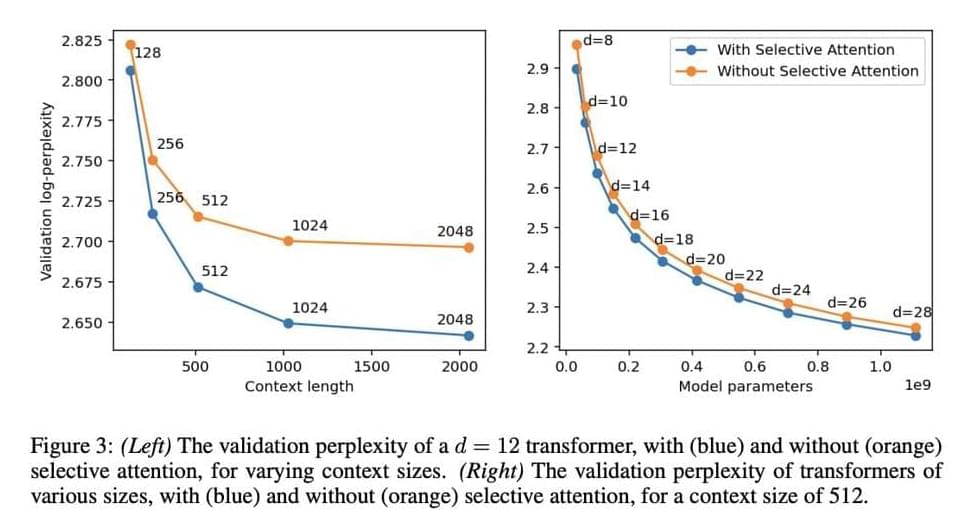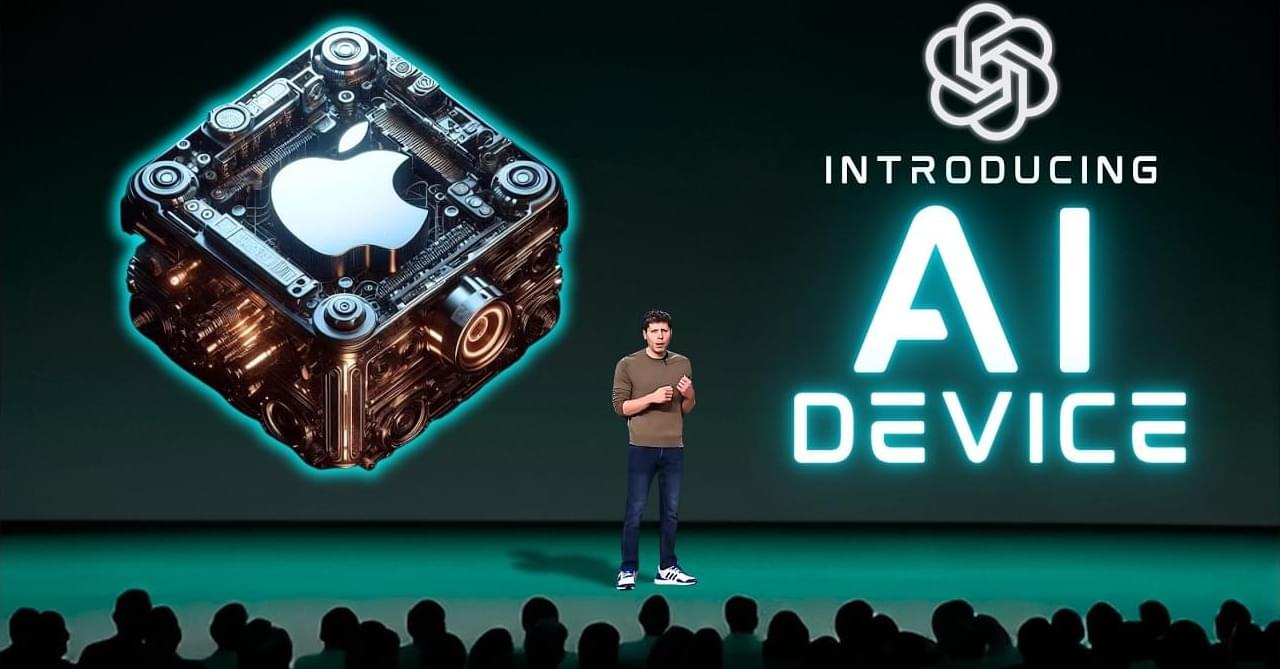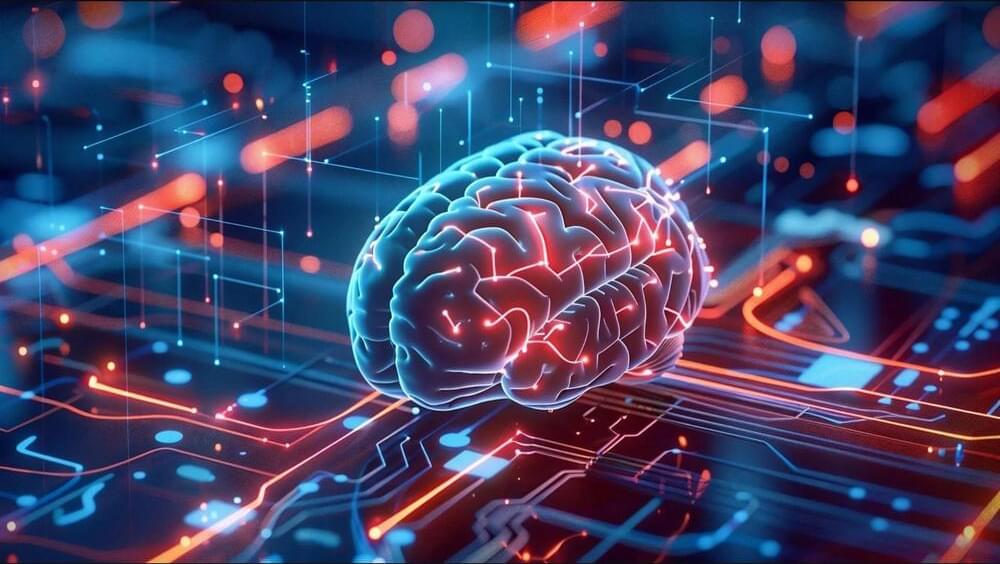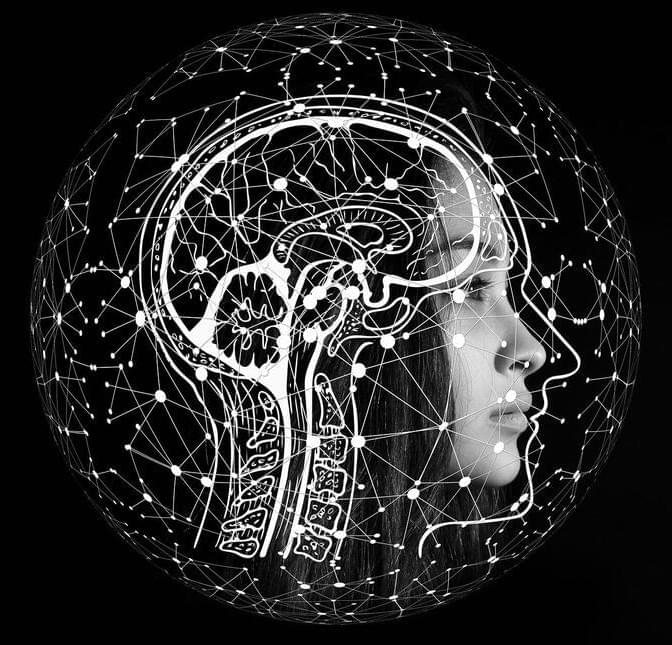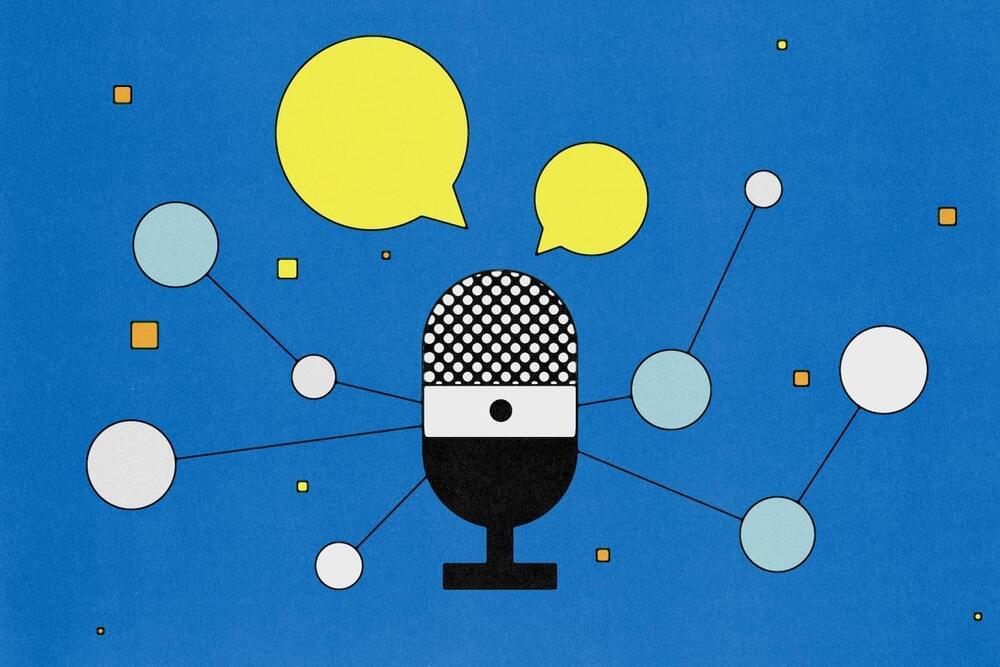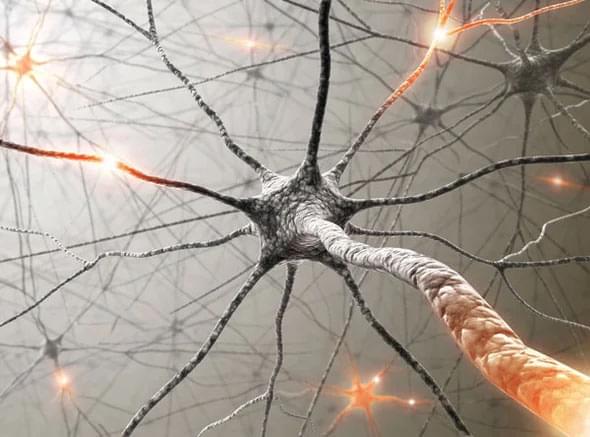
Neuromorphic engineering is a cutting-edge field that focuses on developing computer hardware and software systems inspired by the structure, function, and behavior of the human brain. The ultimate goal is to create computing systems that are significantly more energy-efficient, scalable, and adaptive than conventional computer systems, capable of solving complex problems in a manner reminiscent of the brain’s approach.
This interdisciplinary field draws upon expertise from various domains, including neuroscience, computer science, electronics, nanotechnology, and materials science. Neuromorphic engineers strive to develop computer chips and systems incorporating artificial neurons and synapses, designed to process information in a parallel and distributed manner, akin to the brain’s functionality.
Key challenges in neuromorphic engineering encompass developing algorithms and hardware capable of performing intricate computations with minimal energy consumption, creating systems that can learn and adapt over time, and devising methods to control the behavior of artificial neurons and synapses in real-time.

